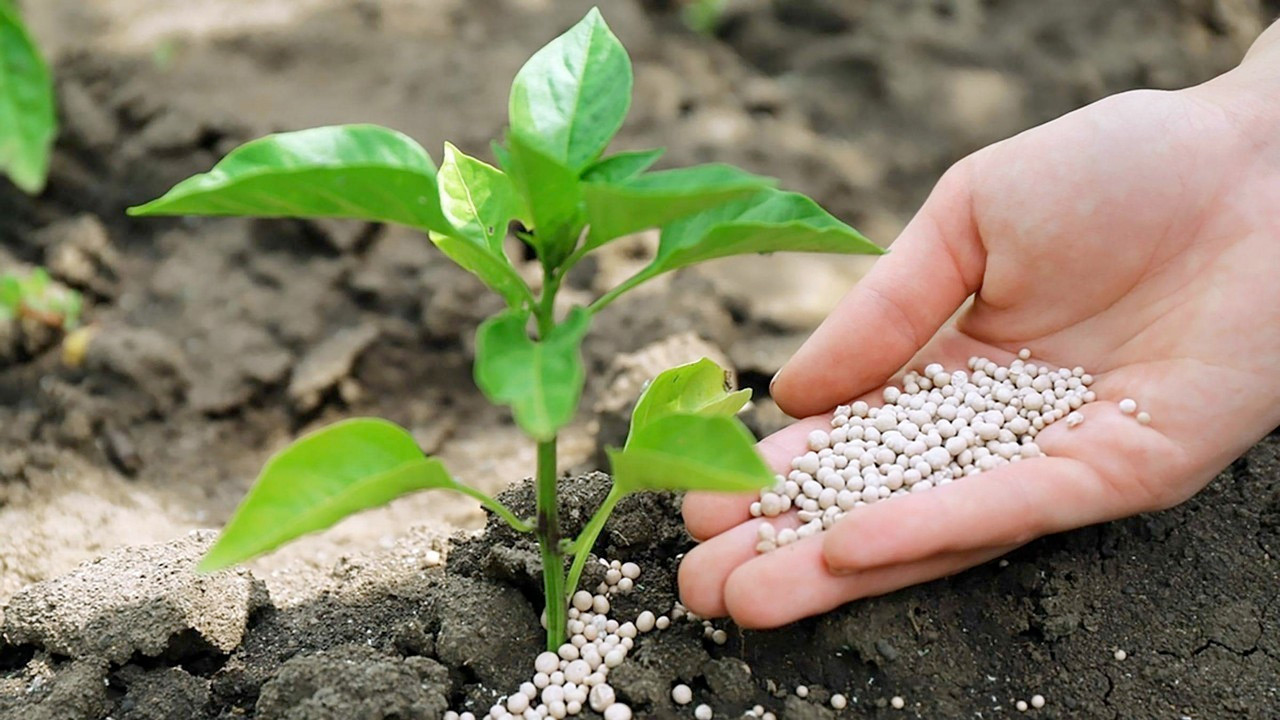
Plant Nutrition Products: A Guide to Healthy and Productive Plants
For healthy plant growth and high yields, proper nutrition is essential. Plant nutrition products provide the essential nutrients plants need to thrive. But what exactly are these products, and how should they be used? Here are the details:
The Importance of Plant Nutrition ProductsPlants require macro and micronutrients during their growth cycle. If these nutrients are lacking in the soil, plants develop poorly, yields decrease, and their resistance to diseases weakens. Plant nutrition products help address these deficiencies.
Essential Plant NutrientsPlants need the following key nutrients for healthy development:
Macronutrients:
-
Nitrogen (N), Phosphorus (P), Potassium (K), Calcium (Ca), Magnesium (Mg), Sulfur (S)
Micronutrients:
-
Iron (Fe), Zinc (Zn), Copper (Cu), Boron (B), Manganese (Mn), Molybdenum (Mo)
Each element plays a different role in plant growth. For example:
-
Nitrogen (N) promotes leafy green growth.
-
Phosphorus (P) supports root development.
-
Potassium (K) enhances disease resistance.
Plant nutrition products come in different forms and should be chosen based on their intended use:
-
Organic Fertilizers
-
Derived from natural sources (animal manure, compost, worm castings, seaweed).
-
Improve soil structure and enhance long-term fertility.
-
-
Chemical (Synthetic) Fertilizers
-
Contain specific nutrients (e.g., NPK fertilizers).
-
Provide quick results but must be used carefully.
-
-
Foliar Fertilizers
-
Liquid nutrient solutions sprayed on leaves for rapid absorption.
-
-
Microbial Fertilizers
-
Contain beneficial microorganisms that form symbiotic relationships with plant roots, improving nutrient uptake.
-
-
Soil Conditioners
-
Adjust pH levels and enhance the soil’s nutrient-holding capacity.
-
-
Select the right fertilizer based on plant needs.
-
Apply the correct dosage—over-fertilization can harm plants.
-
Combine with irrigation to ensure nutrients reach the roots.
-
Conduct soil tests to identify nutrient deficiencies.
Excessive use of chemical fertilizers can degrade soil structure and harm the environment. Therefore, organic and biological fertilizers should be prioritized to support sustainable farming.
ConclusionPlant nutrition products boost agricultural productivity while protecting soil health in the long run. To determine the best nutrition program for your plants, consult an expert for guidance.



